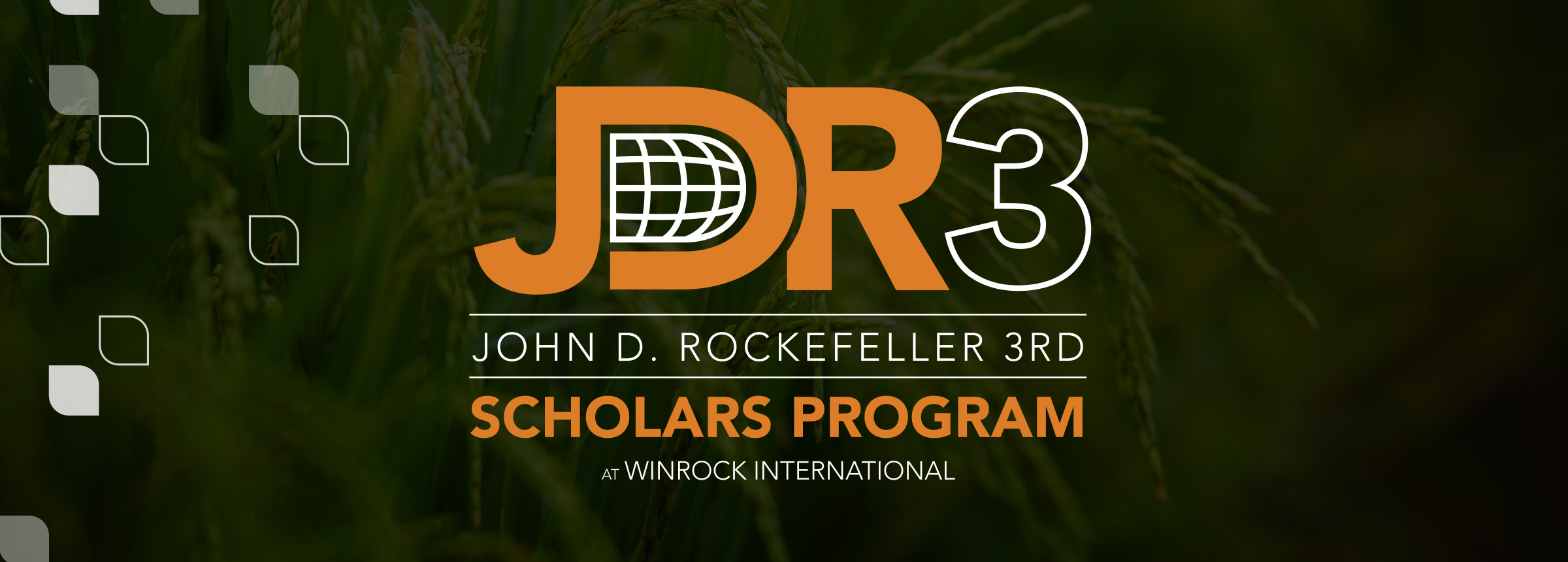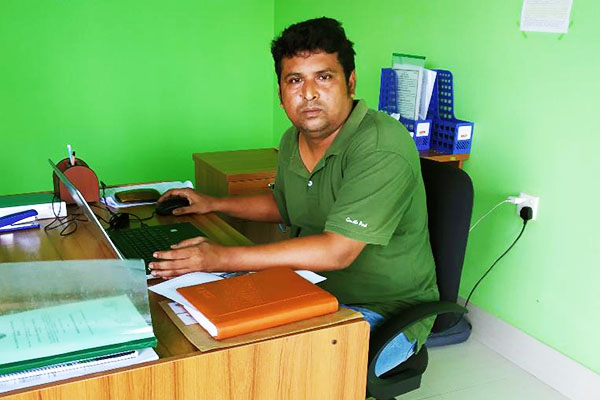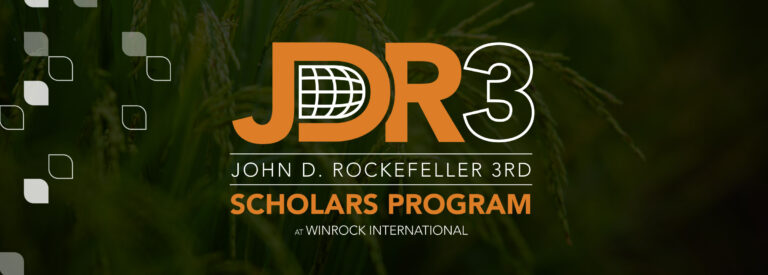
JDR3 Spotlight: Monjurul Ahsan
Can you tell us a bit about yourself – where you come from and how you came to work in your current field?
Hi! I am Monjurul Ahsan. I’m currently with the Center for Natural Resource Studies (CNRS), a national NGO that has been working in the field of natural resource management since 1998. In 2001, after completing my master’s degree in sociology from the University of Dhaka in Bangladesh, I joined CNRS as a field officer with Winrock’s MACH project (Management of Aquatic Ecosystems through Community Husbandry). In this project I helped local communities build their capacity and organizational skills for the sustainable management of wetlands using the co-management approach.

I worked with MACH for five years until March 2007, which I consider is a lifetime achievement for me to gather extensive knowledge of the fisher folk of the country and promote collaborative management in Bangladesh. From April 2007 to August 2010 I worked with the Bangladesh Environmental Lawyers Association (BELA) and from 2010-2011 I studied at the International Institute for the Sociology of Law (IISL) in Spain and completed an international master’s degree in the sociology of law. The study enabled me to understand the social context of the legal system of the country and how to conduct research on socio-legal issues, which are important for promoting justice and equity in developing countries. Finally, the JDR 3rd Scholars program on wetland helped me engage with intensive research using my expertise and knowledge and supported me to conduct the study that I consider very important realizing the present context of the wetland management of Bangladesh.
What is your current job? Can you provide a very brief overview of the duties/responsibilities involved in this position?
Presently, I am working as team leader of a project named the Coastal Embankment Improvement Project (CEIP-1) of the Water Development Board, supported by the World Bank. In this project, I am assigned to the overall planning and implementation of the assignment including:
- Overall supervision of the implementation of the assignment
- Supervising the activity of the team members including field team
- Planning for conducting a beneficiary survey
- Designing survey tools
- Planning and designing stakeholders’ need assessment survey
- Overall planning for stakeholder participation activities
- Overall supervision of institution building and the stakeholders’ participation activities
- Supervising the participation-related work of field team members
- Planning and designing stakeholders’ need assessment survey
- Preparing modalities of Water Management Organizations formation
- Formation of Water Management Organizations
What are your best memories from conducting the research?
We worked hard on this project. After the hard work we presented our findings and disseminated our findings with high officials from the Mininstry of Land on January 5, 2017 at CIRDAP auditorium, Dhaka. On this day, we not only presented our study results but also screened a documentary film, “A Tale of Two Wetlands.” It was a big moment, as we have shared our study results in front of most influential ministry people from government and USAID, Winrock International and CREL project officials from the donor agencies.
What do you think were the biggest challenges in the study? What were the biggest successes?
The biggest success of this study is the hard evidence it collected (both qualitative and quantitative data) that shows the difference between collaborative management of wetlands and private management of wetlands. The biggest challenges remain to reform the existing wetland policy due to a corrupted nexus of the lease community, which is deeply rooted in our society and benefits from the present wetland policy.
How do you think the JDR3 research study helped you with your research skills?
I was involved with developing the research questions of the study, the methodology and techniques for data collection, administering field survey, conducting FGDs, KIIs, analyzing data, developing reports and finally presenting the study. On the other hand I also directed the documentary film. So, the study supported me to be a skilled social science researcher through working hard.
How do you think the JDR3 experience helped you communicate your research studies to policymakers? Have you utilized these skills after the completion of the JDR3 study? Please provide examples.
We have shared our study with both local and central-level policymakers of the Ministry of Land of the Bangladesh government through local-level consultation meetings and in the national wetland policy workshop. This experience helped me deal with high-level government officials in different occasions.
What impact on policy do you think your research has made? Please be specific.
From the study, we have evidence that made a comparative analysis between collaborative management and private management and the importance of promoting collaborative management based on hard evidence from the field. But it is not so easy to change the policy. This demands continuous policy advocacy.
Have you been able to secure more funding for your research (in this area or other related areas) after the JDR3 study? How many publications (i.e. books, peer-reviewed papers) have you published after the JDR3 study in this area of research and other topics?
No, I have not yet secured any funding, but I am planning a Ph.D. study on this topic.
What are you most proud of in your career? How do you think the JDR3 experience has helped you with your professional career?
My JDR 3 experience can be mentioned as the most distinguished work for which I feel proud.
How would your life have been different without the JDR3 research experience?
I am now more skilled and confident due to the experience in JDR 3.
How have you given back to your country and your field with this research? What has it meant to the larger world?
I have conducted a study in Bangladesh that has been equally important in the larger world for managing wetlands with collaborative management in different countries. Considering the present global challenge of sustainable development and millennium development goals, this study provides evidence-based knowledge of how wetlands can be well-managed that can play a positive role for sustainable development and poverty alleviation challenges.
Do you have any suggestions/recommendations for future JDR3 researchers and/or the JDR3 management team/Winrock?
Selecting an experienced and skilled adviser can be helpful for future JDR 3 researchers. And for the management team, please extend your future cooperation for the JDR 3 researcher during their future study and projects.
Related Projects

